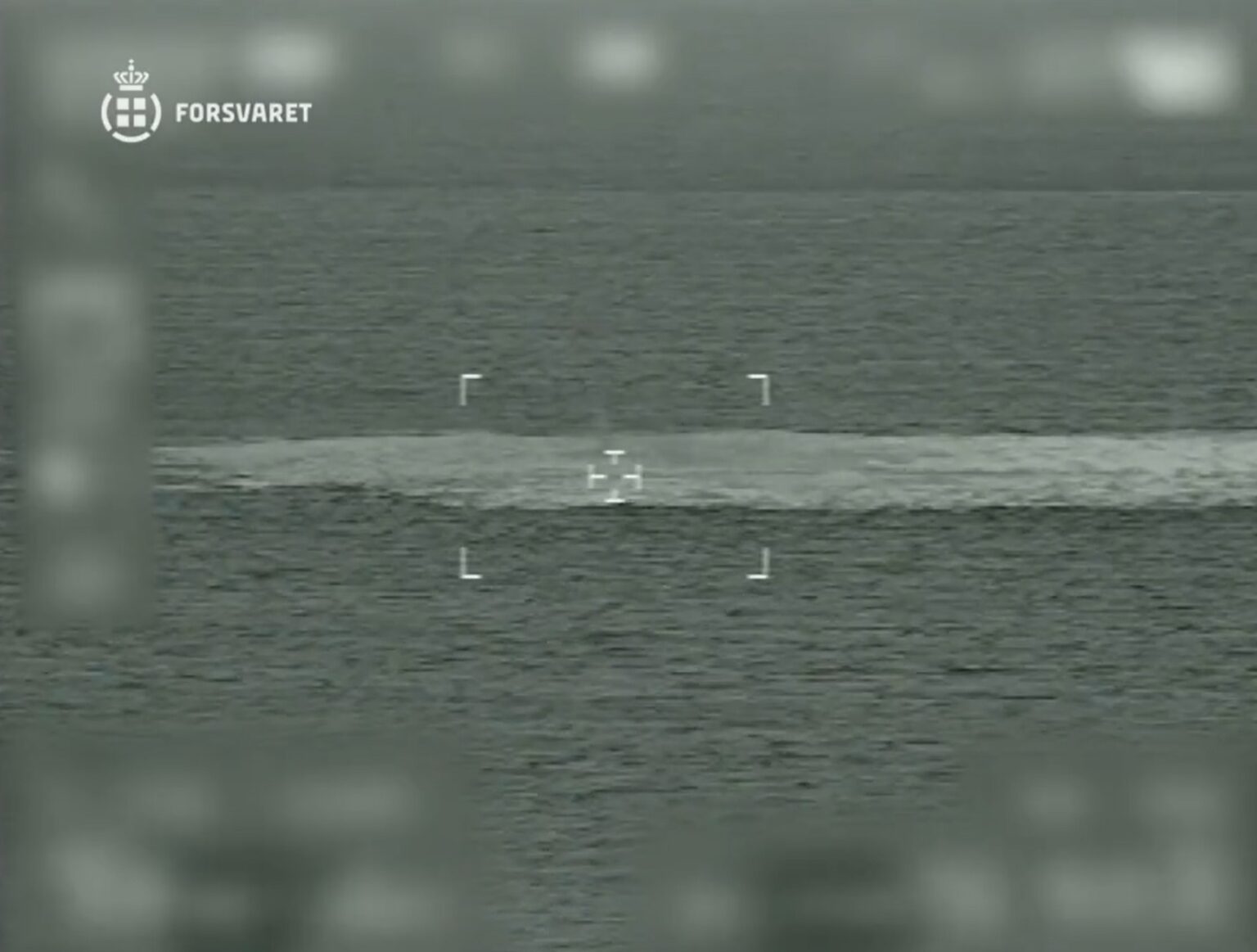What goes on in Poland on the 14th of March.
The Russians are looking for an excuse not to pay billions in fines to PGNiG and other customers
The Wall Street Journal estimates that the outcome of the investigation into the sabotage of Nord Stream 2 may have implications for Gazprom’s arbitration with its customers for stopping deliveries in 2022, including for Poland’s PGNiG. The Russians may be looking for an excuse, but they turned the tap off long before the sabotage, knowing they had alternative routes at their disposal.
„The answer to the whodunit—if it ever comes—won’t just have political implications. It could affect the outcome of multibillion-dollar cases that a clutch of European companies, including Germany’s Uniper SE and RWE AG and France’s Engie SA, have filed against Gazprom, according to law experts, former officials and energy consultants,” the WSJ said. The paper’s sources argue that the blowing up of Nord Stream 1 and 2 prevented further deliveries along this route, and so Russians may use it as an excuse during the arbitration.
Poland’s PGNiG is also demanding justice after the Russians stopped gas supplies to Poland in violation of the Yamal contract. They broke the deal in April 2022, almost six months before the sabotage. The Russians stopped gas supplies through Nord Stream 1 in August 2022, the excuse was that the clients didn’t want to pay in rubles, a condition that had not been included in any of the contracts. It is also worth mentioning that Gazprom still has a route through Ukraine, which it uses to a moderate extent. The sabotage of Nord Stream 1 and 2 did not change that. It is therefore difficult to invoke force majeure in the arbitration dispute.
The Russians have been fuelling the energy crisis by cutting Europe’s gas supply since the summer of 2021. Their market share fell from about 40 percent in 2021 to about 5 percent in 2022. It may fall to zero in 2023, because the European Union has adopted the REPowerEU program that provides for as quick a departure as possible from Russian gas in response to the invasion on Ukraine.
Polish nuclear power plants submit application for evaluation of reactor safety systems
The company Polish Nuclear Power Plants (PEJ) has submitted an application for an assessment of the safety systems of its nuclear power plant. It will need to wait for the opinion of the President of the State Atomic Agency (PAA), who will evaluate the organizational and technical solutions for safety systems, structural elements and equipment used in the Westinghouse AP1000 reactor project.
„During the review, the President of the PAA may indicate which of the solutions planned by the investor will require additional analyses in order to comply with the Polish law. The compliance of the methodology proposed by the PEJ with the requirements imposed by the Atomic Law and the Regulation of the Council of Ministers of 31 August 2012 on Nuclear Safety and Radiological Protection to be taken into account in the design of the nuclear facility will also be verified. Both of these documents include regulations that should be taken into account when determining the safety class of a given system, structural element and equipment at a nuclear facility,” the PEJ explained.
The safety classification is used to identify systems and equipment that play an important role in ensuring nuclear safety. It also defines the quality requirements during the design, production, testing and supervision stages throughout the life cycle of a nuclear facility.
In September 2022, PEJ submitted a request to the President of PAA for a general opinion on the proposed scope of verification of safety analyses of the proposed nuclear power plants, which is currently being analyzed.









